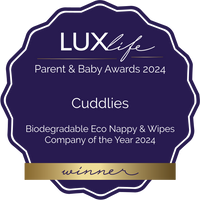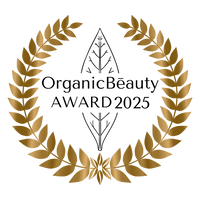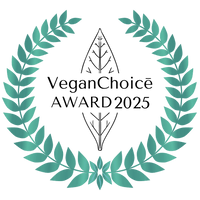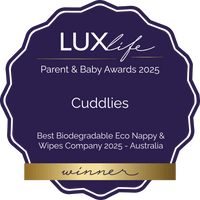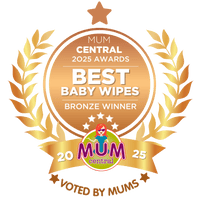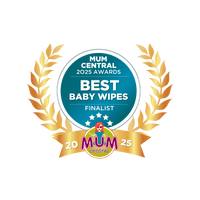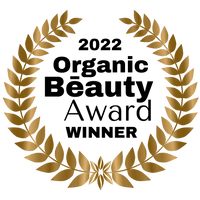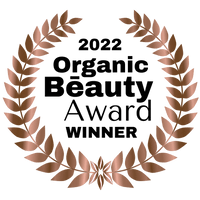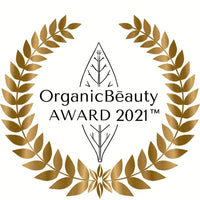Sustainability at Cuddlies: Better for Bubs, Better for the Planet
At Cuddlies, sustainability isn’t just a buzzword – it’s our promise. We create eco-friendly bamboo nappies and natural water wipes that are gentle on delicate skin while reducing our impact on the planet. Every product we make is designed with your baby’s health and Earth’s future in mind.
From our founders
"We started Cuddlies to make it easier for Aussie families to choose gentle, planet-kind care without the greenwashing."
Our Eco Mission
We’re on a mission to help Australian families make cleaner, safer, more sustainable choices without sacrificing quality or comfort.
What we prioritise:
✔ Biodegradable materials
✔ FSC-certified bamboo
✔ Non-toxic, fragrance-free, chlorine-free nappies
✔ 99% water bamboo wipes
✔ Sustainable manufacturing partners
✔ Tree planted for every subscription bundle
✔ Reducing landfill waste from nappies & wipes
Small Choices, Big Impact
Every year, over 2 billion nappies end up in Australian landfills. Most take centuries to decompose. With Cuddlies, you’re helping divert waste and create a cleaner future for your baby.
Every pack of Cuddlies is a little win for the planet. From our bamboo-based nappies and wipes to our tree-planting initiatives, we’re making it easier for parents to choose eco care without compromise. Because every nappy change should feel good - for your baby and the Earth.
Sustainability is a journey, not a checkbox. At Cuddlies, we’re committed to improving every step:
- Ethical supply-chain management
- Using FSC-certified material, helping protect forests for future generations
- Reducing shipping emissions
- Trialling compostable solutions

Better Air
Trees help clean the air taking in harmful pollutants and releasing clean oxygen

Better Water
Trees play a key role in preventing floods and natural disasters.

Better Health
Trees help reduce stress and anxiety, allowing us to reconnect with nature.

Social Impact
Trees provide jobs, food and security in our communities.

Biodiversity
Forests are home to many species of insect, fungi, moss, mammals, and plants.

Controlled Climate
Trees help cool the planet by storing harmful greenhouse gases like carbon dioxide.
The Eco Superstar Ingredient
Why Bamboo Is A Better Material for Nappies & Wipes?
Outrageously Soft
Bamboo is softer than other natural fabrics, like hemp or cotton. They are naturally porous, which helps with wicking moisture away from the baby’s skin, thereby making it the perfect choice for sensitive skin.
Insulating Properties
The thermal regulating capabilities of bamboo allows maximum air circulation to keep baby cooler in the summer, and warmer in the winter, providing ultimate comfort
Nature's most sustainable resource
Bamboo is naturally regenerative and is one of the fastest-growing plants in the world. The ecological impact of using bamboo versus cotton or other crops is nil. Bamboo requires 1/3 the amount of water to grow and harvest than cotton. It usually grows with no use of pesticides or herbicides making it the perfect eco material.
100% Biodegradable
One of the biggest advantages of using bamboo fiber is that it can be 100% biodegraded in soil by microorganisms and sunlight. Thus, reducing the pileups at landfills and their related environmental degradation. Furthermore, the decomposition process itself does not cause pollution.
Enriches Soil
Bamboo crops contribute to enriching the soil, while cotton crops drain and deplete it.
Antibacterial & Naturally Deodorising
Bamboo, naturally has the ability to withstand and kill bacteria via "bamboo kun". Products made from bamboo can retain those antimicrobial properties. These remarkable bamboo kun attributes continue on in the textile form, allowing bamboo textiles to be odor resistant.
Cuddlies vs Other Eco & Mainstream Nappies
Choosing eco nappies can be overwhelming - so here’s a simple comparison based on what parents care about most.
Why this matters:
Eco nappies aren’t all equal. Cuddlies prioritises true biodegradability, skin safety, and transparency - not just “green” marketing terms.
| Feature | Cuddlies Bamboo Nappies | Other Eco Nappies | Conventional Nappies |
|---|---|---|---|
| Biodegradability | 90% in ~100 days | Partial | Very low |
| Primary Material | FSC-certified bamboo top & bottom | Mixed plant-based, some top sheet only | Mostly plastic |
| Suitable for Sensitive Skin | ⭐⭐⭐⭐⭐ Dermatologically Tested | ⭐⭐⭐⭐ | ⭐⭐⭐ |
| Toxin-Free (no chlorine bleach) | Yes | Some | Rare |
| Award-Winning Eco | Yes | Some | No |
| Eco Commitment | Yes, tree planting initiative | Mixed | Rare |
| Free Shipping | Yes, on all orders | Limited options | Not standard |
♻️ How Our Nappies Break Down
Traditional nappies can take hundreds of years to decompose. Cuddlies nappies break down 90% of its material within around 100 days, thanks to our high bamboo content and reduced plastic components.
This means:
- less landfill
- fewer toxins released into the environment
- gentler footprint for future generations
🏆 Our Sustainability Awards & Certifications
✔ Eco Choice Award 2025
✔ Best Biodegradable Eco Nappy & Wipes Company 2025 – LuxLife Parent & Baby Awards
✔ Organic Beauty Award 2025
✔ FSC-certified bamboo materials
✔ Dermatologically tested & hypoallergenic




